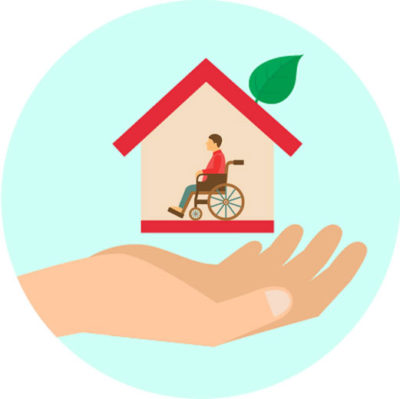Meals on Wheels is a win-win scenario for local taxpayers and seniors in need of assistance. Those aged 60 years and older are eligible to receive Meals on Wheels. Those younger than 60 but homebound and unable to provide nutritious meals for themselves also qualify for the program. Caregivers and spouses of recipients are also eligible. Through the collective effort for local counties and communities, Meals on Wheels can save lives, provide nutrition and independence to seniors at a fraction of the cost of assisted living or nursing facilities. Who is eligible? For those that are unable to prepare nutritious









